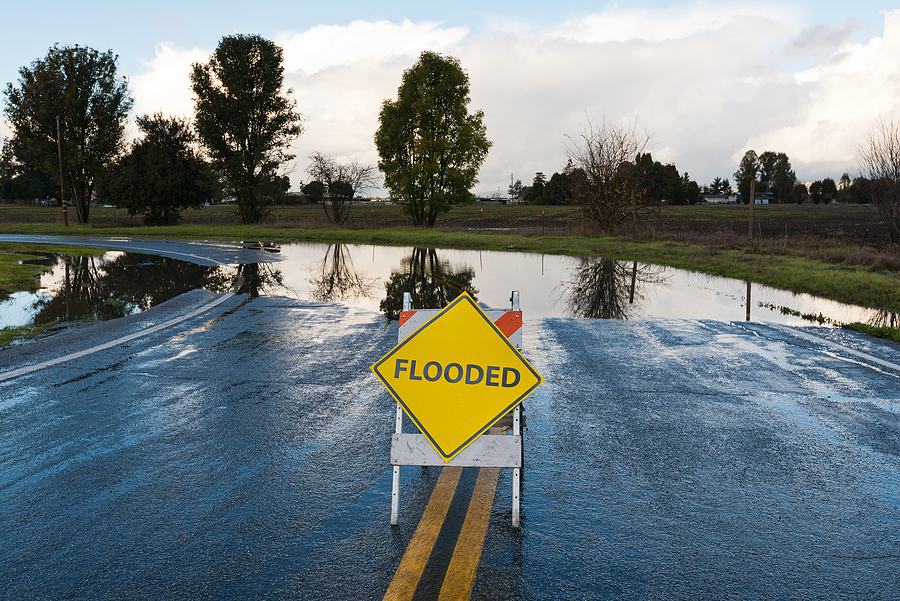In downtown Los Angeles, 7.03 inches of rain fell over two days in February. At UCLA, it rained about 11.81 inches in one day alone.
In Boston, we experienced the warmest winter ever. In the last few years, there have been unseasonably warm temperatures and a lack of snow.
“Leaders from around the world are coming to these climate negotiations understanding that climate change is both killing and hurting their people,” Secretary of California’s Natural Resources Agency Wade Crowfoot, who represented the Golden State in Dubai, said to AP reporters.
Every year, climate change leads to greater global warming and natural disasters, which will persist for the unforeseeable future.
President Joe Biden has positioned climate change as a top priority for his administration, implementing a series of aggressive policies to combat the crisis. Key actions include rejoining the Paris Agreement, setting ambitious targets such as achieving a carbon pollution-free power sector by 2035 and aiming for a net-zero economy by 2050.
He emphasized the urgency of action, telling reporters, “We can’t wait any longer… It is time to act.”
To drive these goals, Biden has proposed significant investments in renewable energy and green infrastructure through initiatives like the American Jobs Plan. This plan not only addresses climate change but also aims to stimulate job creation in the clean energy sector.
Despite these comprehensive policy measures, Biden acknowledges that government action alone is insufficient.
“This is a moral imperative, but it’s also an economic imperative,” Biden told world leaders two years ago at COP26.
Since his time in Office, Biden has also encouraged Americans to do their part, asking everyone to:
- Cut energy use: Use energy-efficient lighting at home; improve insulation in walls, windows and roofs; choose energy-saving appliance to reduce your carbon footprint.
- Use renewable energy: Use renewable energy when possible. There are several ways to do this, such as installing solar panels, joining community solar programs, and investing in utilities companies that generate energy from the wind, solar or other renewable sources.
- Use public transportation and electric vehicles (EV’s): Reduce use of fossil fuels by using public transportation and carpooling, biking, walking or converting to electric vehicles.
- Lobby for climate policies: Vote for, or reach out to, candidates who support policies that address the climate crisis. Political action, from a concerned public, often spurs stronger action by local, state, and federal legislators and agencies.
- Consume sustainably: Choose products that have a minimal environmental impact by reducing our waste production, recycling more materials and choosing products with reduced packaging. Where we can, spend our money with companies who are good corporate citizens and who are moving to responsible supply chains.
- Save water: Reduce water usage around the house and garden by fixing leaks, using drought-tolerant plants, and installing water-efficient appliances.
Together, we can make a difference. It’s not too late.





















































